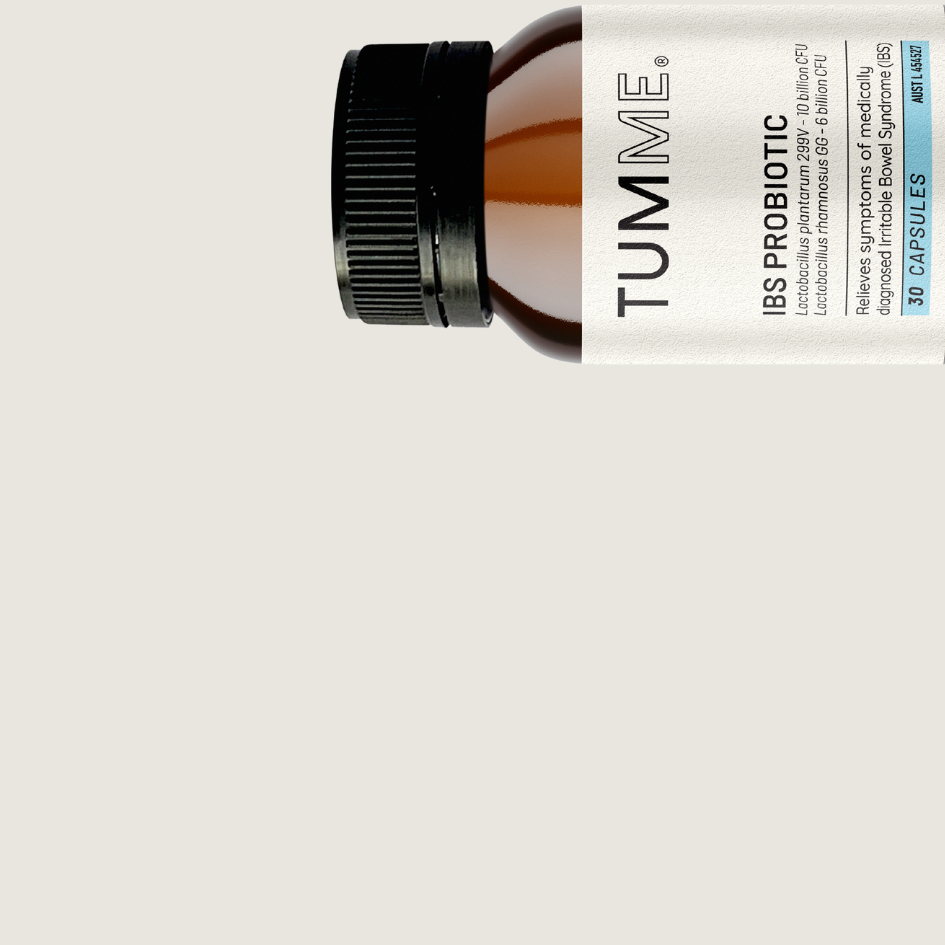Reading time: Less than 3 minutes.
For IBS patients, finding effective relief can be challenging, as the condition is often triggered by a combination of factors including diet, stress, and gut sensitivity. One innovative and increasingly recognised approach to managing IBS symptoms is gut-directed hypnotherapy. But what exactly is gut-directed hypnotherapy, and how can it help those suffering from IBS?
What is Gut-Directed Hypnotherapy?
Gut-directed hypnotherapy is a type of hypnotherapy specifically targeted to disorders of the gastrointestinal tract. It is entirely safe and has been shown to be incredibly efficacious. Sessions are conducted while patients are in a light and relaxed subconscious state. Once in this state suggestions for the control and normalisation of gastrointestinal function are made. Metaphors for bringing about change are also used. This type of therapy differs from other forms of psychological treatment where therapy is done with the patient in a conscious state. Gut-directed hypnotherapy can be used in both adults and children.
How Does Gut-Directed Hypnotherapy Work?
The precise mechanism by which gut-directed hypnotherapy works is poorly understood. However, there is strong evidence that gut-directed hypnotherapy can influence both physiological and psychological outcomes. The therapy is believed to work through several key pathways:
- Modulating the Gut-Brain Axis: The gut-brain axis is a bidirectional communication system between the gut and the brain. In people with IBS, this communication can become dysregulated, leading to increased gut sensitivity and pain. Gut-directed hypnotherapy aims to normalise this communication, reducing the intensity of pain signals sent from the gut to the brain.
- Reducing Stress and Anxiety: Stress and anxiety are known to exacerbate IBS symptoms. Hypnotherapy includes relaxation techniques that can help lower stress levels and, as a result, reduce the frequency and severity of IBS flare-ups. By calming the mind, the therapy can also indirectly calm the gut, leading to less discomfort.
- Enhancing Coping Mechanisms: Gut-directed hypnotherapy can help individuals develop better coping strategies for dealing with their symptoms. Through positive suggestions and visualisation, patients learn to focus on comfort and relaxation rather than pain and distress, which can make managing daily symptoms more bearable.
- Altering Gut Sensations: Hypnotherapy can train the mind to reinterpret the sensations from the gut. For example, what might normally be perceived as pain could be reinterpreted as a neutral sensation, thus reducing the overall discomfort experienced.
Is Gut-Directed Hypnotherapy Safe?
Hypnotherapy, when performed by an appropriately qualified and experienced practitioner, is exceptionally safe. Two common misconceptions about hypnosis include (a) that hypnosis is a form of mind control where the hypnotised subject has no free will, and (b) that a patient can become ‘stuck’ in a state of hypnosis. It is important that these misconceptions are dispelled prior to treatment.
What to Expect During Gut-Directed Hypnotherapy
Gut-directed hypnotherapy is typically delivered in a series of sessions, usually ranging from four to six, depending on the individual’s needs and response to treatment. Sessions are conducted weekly.
During a session, the hypnotherapist will guide the patient into a relaxed state, often using soothing words, imagery, and breathing exercises. Once the patient is in a receptive state, the therapist will offer suggestions that are designed to positively influence gut function and reduce IBS symptoms. These suggestions might include visualising the gut as calm and functioning smoothly, or focusing on feelings of comfort and well-being.
Patients are often encouraged to practice self-hypnosis techniques at home between sessions, which can help reinforce the benefits of the therapy.
The Benefits of Gut-Directed Hypnotherapy for IBS
Research has shown that gut-directed hypnotherapy can be an effective treatment for IBS, offering several benefits:
- Symptom Relief: Many studies have reported significant reductions in IBS symptoms following gut-directed hypnotherapy, including less abdominal pain, bloating, and improved bowel habits.
- Long-Lasting Effects: One of the remarkable aspects of gut-directed hypnotherapy is its potential for long-term relief. Studies have found that the benefits of the therapy can last for years after the treatment has ended.
- Non-Invasive and Drug-Free: Gut-directed hypnotherapy is a non-invasive treatment that doesn’t rely on medications, making it an appealing option for those who prefer a natural approach to managing their IBS.
- Improved Quality of Life: By reducing the physical and emotional burden of IBS, gut-directed hypnotherapy can enhance overall quality of life, allowing individuals to engage more fully in daily activities without the constant worry of symptoms.
Conclusion
Comparison of the rate of response to gut-directed hypnotherapy in patients with irritable bowel syndrome suggests that it is at least as good as some of the new and expensive pharmacological treatment options. It has also been shown to have similar rates of efficacy to the low FODMAP diet. This taken together with the fact that there are no known side effects of hypnotherapy make gut-directed hypnotherapy a competitive treatment option.







